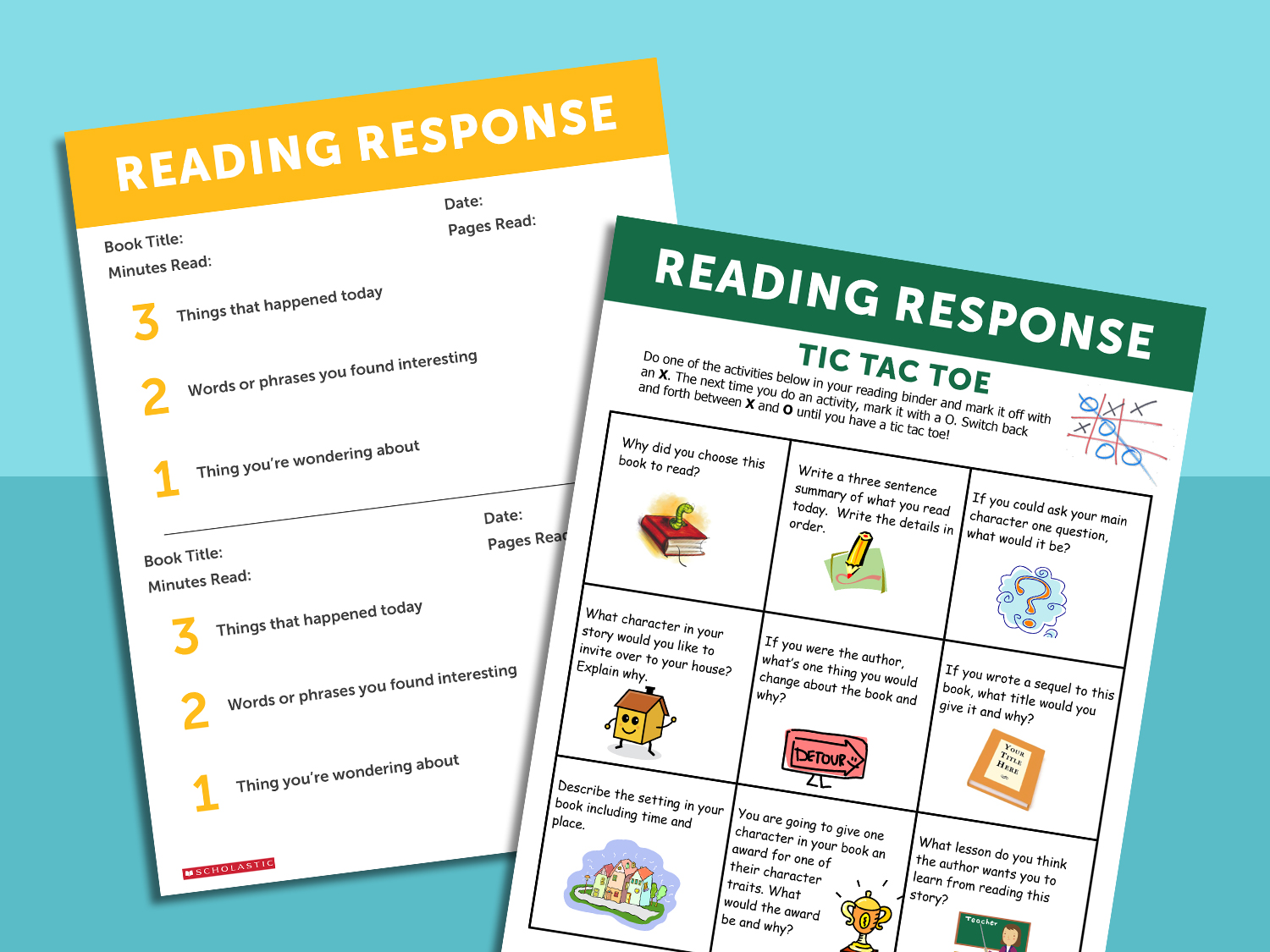Go Back to Basics By Teaching Students Phonemic Awareness
Boost young learners’ confidence and comprehension by revisiting the foundations of reading.
If your students are working on phonics, decoding, or spelling, it may be helpful to regularly revisit basic phonemic awareness, says Karen Baicker, executive director of the Yale Child Study Center-Scholastic Collaborative for Child & Family Resilience and publisher for Family and Community Engagement (FACE) at Scholastic.
“Phonemic awareness is the most fundamental precursor to reading,” Baicker says. “Building phonemic awareness begins with word play — listening to sounds, exaggerating them, and manipulating them. Phonics, decoding, fluency, and comprehension can’t take place without the ability to break words into units of sound.”
To strengthen your students’ early reading skills, Baicker recommends playing simple syllable and rhyming games. Here are three phonemic awareness exercises you can use to build a stronger foundation and boost confidence in your students.
1. Rhyme Time
Children love to come up with rhymes, and encouraging them to do so helps build their phonemic awareness.
Baicker recommends asking your students to produce rhymes for simple words — think cat, dog, run — and emphasizing the initial sound in each word.
Afterward, read rhyming books like Frog on a Log and We’re Going on a Bear Hunt aloud to incorporate even more fun and learning into story time.
2. Beginning S-s-s-s-sounds
During story time — whether it's a virtual read-aloud or in-person — always emphasize the initial consonant when you read words like snake or monster, suggests Baicker. This means reading the words as s-s-s-snake and m-m-m-monster, and then having students do the same.
Once students have those beginning sounds down, take it a step further by asking them to highlight the beginning sounds of their first or last names.
3. Rounds of Applause
To help your students identify syllables, Baicker suggests playing clapping games.
“You can also do the same thing to identify sounds,” she says. “For example, with the word cat, clap three times for c-a-t.”
Book collections featuring early reader favorites like Pete the Cat and Clifford will inspire fun rounds of syllable clapping — and even more phonemic awareness — during story time!
Shop more books and resources to teach phonological and phonemic awareness below! Find all books and resources at The Teacher Store.



